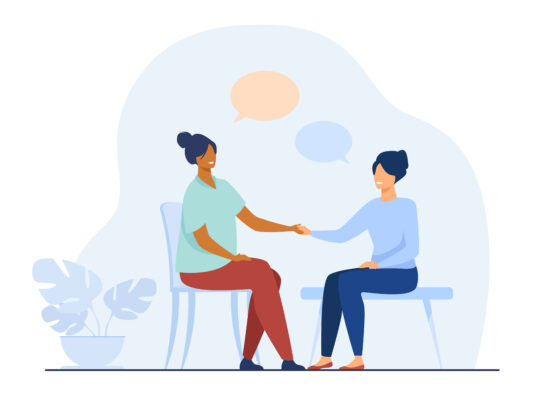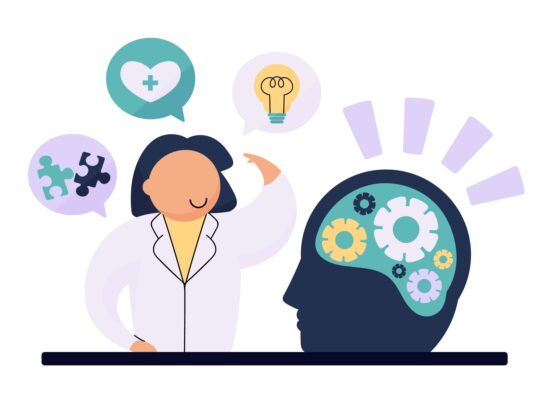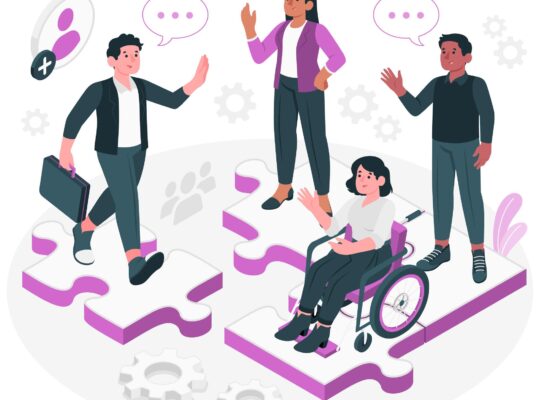| Improving Your Listening Skills | ||
| Instructor: Dorie Clark | ||
| Released: 7/28/2023 | Course Details 25m General | |
| Skills Covered Active Listening | Course Link | |
| Professional Certifications and Continuing Education Units (CEUs) Project Management Institute – PDUs: 0.25 hour | ||
Laying the Groundwork for Listening
Why do you have a hard time listening?
- Distracted
- Interrupting
- Nervous
- Feedback – don’t want to receive feedback, get defensive
What are the signs that you’re not listening?
Learn to monitor ourselves.
- Interrupting
- Redirecting the conversation
- Debating them before they finish talking
- Playing with electronic devices
- Asking them to repeat things
How to adopt the mindset of listening
- Get in touch with your motivation.
- Being a better listener shows you care.
- Gain a deeper understanding of issues.
- Embrace your curiosity.
- Recognize the consequences.
- They stop trying
- They resent you
- They become less effective
What to do when you’re not being listened to
- “Do they think I’m boring?”
- Get their attention back.
- Go softer (not louder)
- Silence and pauses are good
- Say something
- Offer other times to talk
How to set the stage for high-stakes conversdations
- Identify the right time and schedule it
- Finding the right location.
- Be physically ready.
- Have other people present.
Listening Well, Even When It’s Hard
The structure of meaningful listening
- Silence and space
- Eye contact
- Watch body language
- Share information
- Ask open-ended questions
- “Help me understand”
How to listen for what’s not being said
- Watch for emotions.
- Look for microexpressions.
- Tone of voice.
- Eye contact.
- Energy level.
How to keep yourself from interrupting
- Take notes.
- Focus on your breathing.
- Pretend you are interviewing someone.
- You gain nothing by interrupting.
How to let them know you’ve heard them
- Accessing better information.
- Connecting with people.
- Restate information in your own words.
- Pay attention to the words they use.
- Ask them to elaborate.
- Demonstrate a willingness to go deeper.
- Ask for their ideas.
Listening with patience
- Gently redirect the conversation to connect.
- How did you get interested in this?
- What makes you love this field?
- Determine if you did anything to upset them.
- Restate the situation
- Express empathy
- Share the plan to remedy.
- Why would they think that?
 | Remember! To experience the full benefit of this guide, I highly recommend you watch the full training session. |






